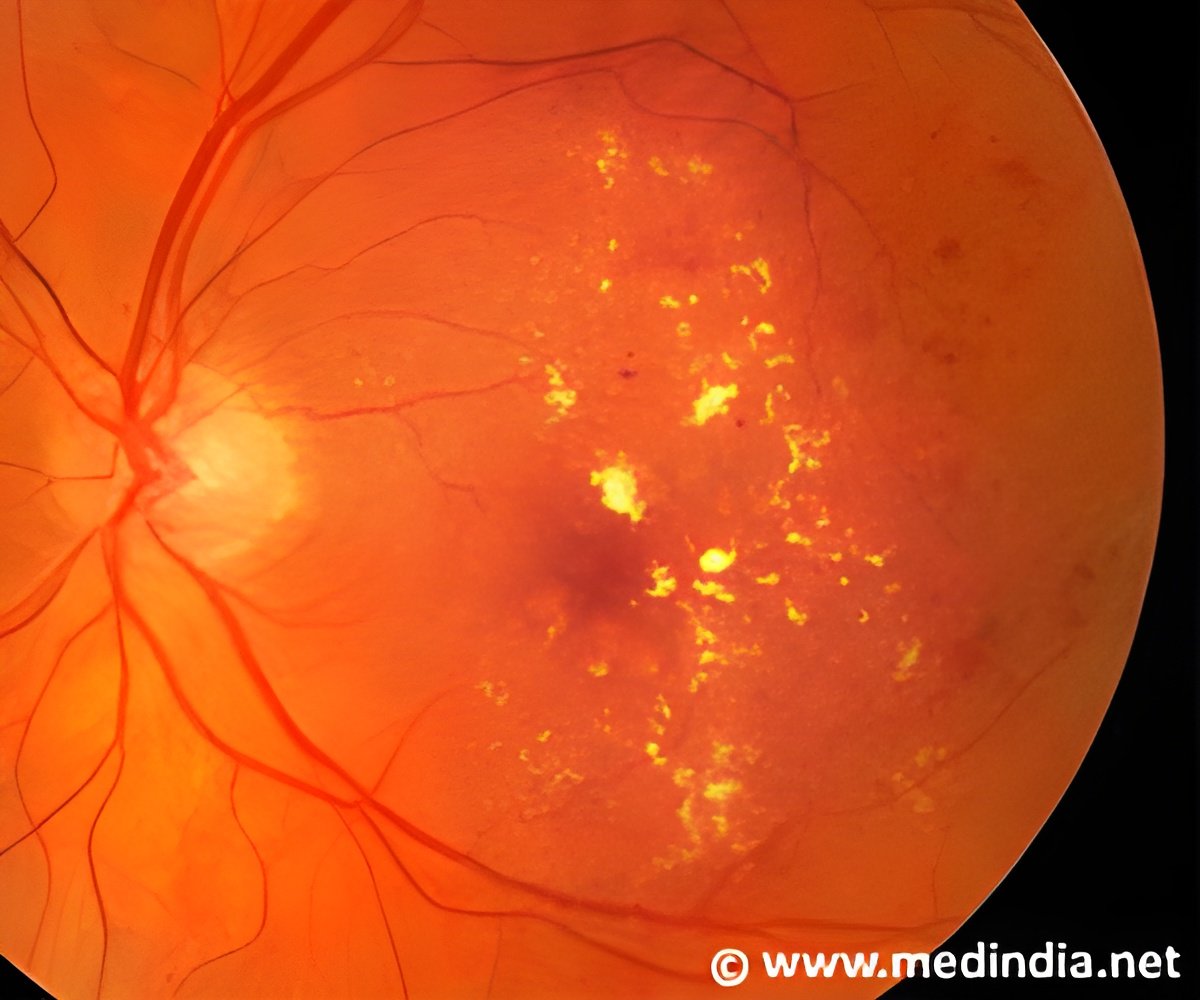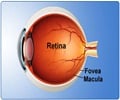In patients with central vision loss, perceptual learning techniques may provide a useful new approach to rehabilitation — taking advantage of visual plasticity that persists even in old age.

The paper by Susana T.L. Chung, OD, PhD, FAAO, 2012 recipient of the prestigious Glenn A. Fry Lecture Award, presents new research findings on plasticity of the visual system in older adults with central vision loss. Anthony Adams, OD, PhD, Editor-in-Chief of Optometry and Vision Science, comments: "This award-winning author explored whether the new 'preferred retinal location' (PRL) in these typically older patients adopted important properties of the original fovea and hence provide evidence that even the older brain's visual cortex shows plasticity."
Evidence of 'Visual Plasticity' in Central Vision Loss…
Patients with loss of vision in the central part of the visual field face major challenges for daily living. The most common cause is age-related macular degeneration (AMD), which is also the leading cause of blindness in older adults. Central vision loss results from destruction of the fovea— the central pit of the retina, where visual acuity is sharpest.
Patients with central vision loss have problems with tasks requiring detailed vision, such as reading and recognizing faces. Although magnification can help, "Alternative rehabilitation strategies need to be developed to improve the functional vision of people with central vision loss, which hopefully will lead to an improved quality of life," Dr Chung writes.
One potentially useful approach is "perceptual learning"—improving various aspects of sensory function through repeated practice. Perceptual learning can improve vision in younger patients with amblyopia ("lazy eye"). It was previously thought that older patients, like those with AMD, no longer had enough visual plasticity to benefit from this approach.
…May Lead to New Rehab Strategies in Central Vision Loss
However, perceptual learning can't improve visual acuity—patients still needed large-print books or magnification to see print. In addition, they would likely need continued practice in order to retain the improvement in reading speed. Dr Chung concludes, "The presence of this experience-dependent plasticity offers us an exciting opportunity to adopt perceptual learning as an alternative rehabilitative strategy for improving visual functions for people with central vision loss."
Dr. Chung received the 2012 Glenn A. Fry Lecture Award in recognition of her research contributions. This prestigious award was established by American Optometric Foundation to honor Dr. Glenn A. Fry, who contributed so much to the profession of optometry through his writings, teachings, and administrative duties at the Ohio State University.
Source-Eurekalert
 MEDINDIA
MEDINDIA




 Email
Email










